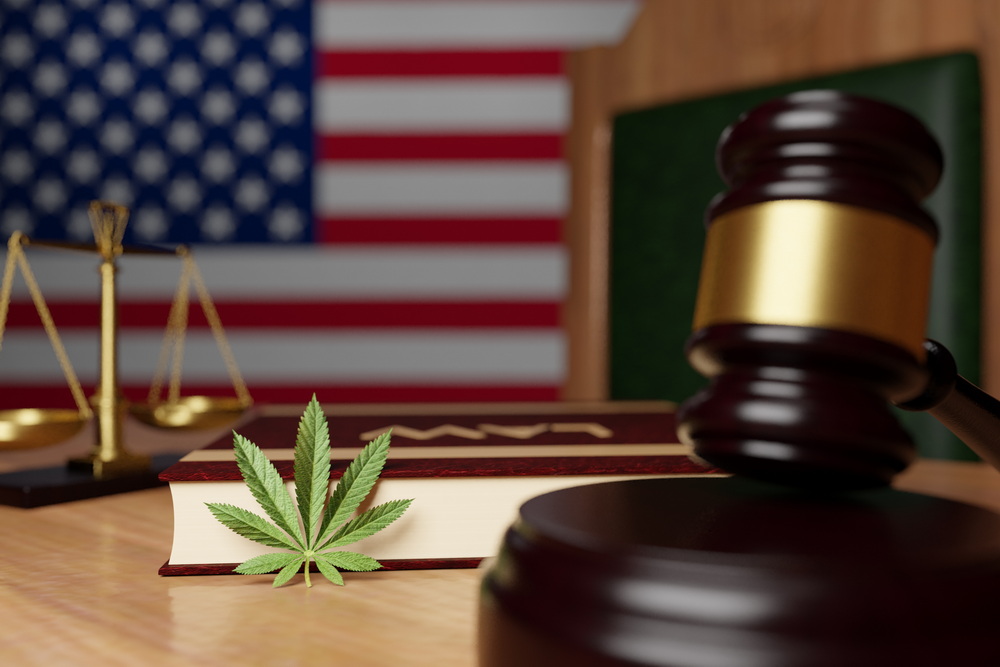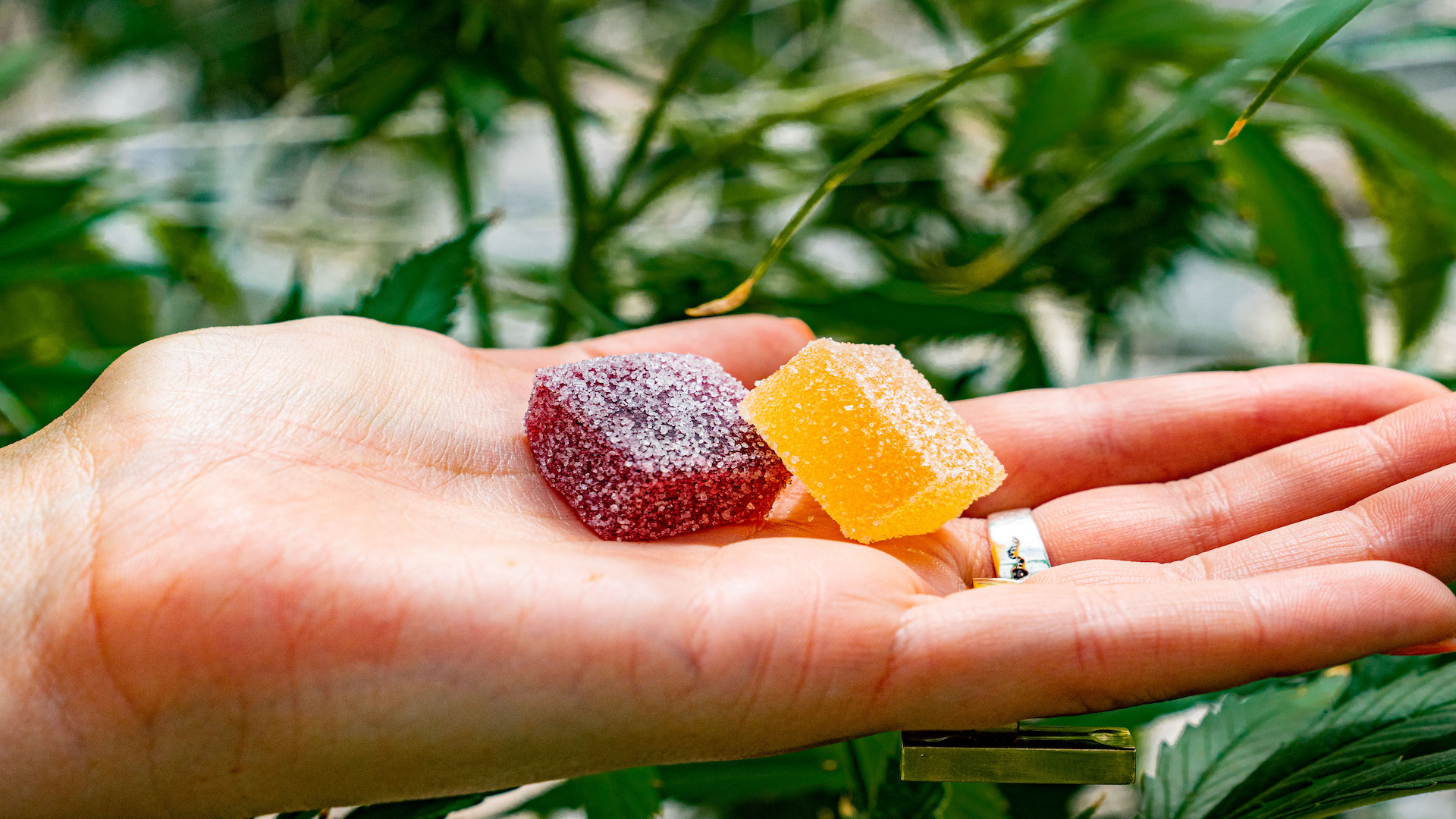At last count, thirty-seven states have legalized medical cannabis. Of them, eighteen have also legalized recreational marijuana use. The remaining thirteen states are known as prohibitionist states. Needless to say, cannabis advocates in those states are pushing hard to end cannabis prohibition.
As Washington continues trying to figure out how it wants to handle marijuana in light of state laws, legislators in the prohibitionist states are grappling with what the future potentially holds. It would behoove them to take a pragmatic approach to what was once a touchy subject among the general public.
Both the public mood and positions advanced by federal lawmakers suggest that legal marijuana will eventually become reality Then what? Before we reach that point, prohibitionist state lawmakers would do well to answer the following five questions:
1. What is the best way to regulate it?
It is only a matter of time before Washington either reschedules or completely decriminalizes marijuana. It may not be this year or next, but it will happen. The most likely scenario is full decriminalization alongside federal and state regulations similar to those that govern alcohol. Lawmakers in prohibitionist states must decide how they are going to regulate legal marijuana when it becomes reality.
Taxation will be a big part of the regulatory framework the holdout states eventually put together. It could turn out that tax policies end up being the foundation on which all other regulations are based.
2. How will licensing be handled?
States that already have marijuana programs in place control them through a number of means, including licensing. This is something prohibitionist states have to start thinking about. Do they want separate licenses for growers, processors, and dispensaries? Do they want to license testing laboratories independent from the industry? Licensing is the number one tool for controlling marijuana distribution. States have to figure it out sooner or later.
3. Will shipping and home delivery be allowed?
Interstate shipping and home delivery are the future of both recreational and medical cannabis. In recreational states, home delivery is wide open. Not so in states like Utah, where only a limited number of pharmacies serve the medical market.
Utah’s Beehive Farmacy operates two of the fourteen cannabis pharmacies in the state. They are in Salt Lake City and Brigham City. For now, Utah pharmacies provide home delivery. But federal decriminalization could get package delivery companies in on the deal. Is this something the prohibitionist states would allow?
4. Will cross-border sales be allowed?
Home delivery issues aside, Utah medical cannabis patients can physically cross state lines into more friendly states to buy cannabis products. Though it is illegal to bring such products back into Utah, it is a safe bet that patients still do it. This is another question prohibitionist states are going to have to answer. Will they allow cross-border transactions once federal decriminalization becomes reality?
5. Will they go full recreational?
Perhaps the most emotionally charged question of all is whether prohibitionist states will eventually go full recreational. The thirteen states that have held out thus far seem unlikely to do so, at least at this point. But who knows? No one ever thought highly conservative Utah would approve medical cannabis. If that can happen, prohibitionist states can eventually go full recreational.
It seems a foregone conclusion that marijuana will eventually be decriminalized by federal lawmakers. When that happens, any remaining prohibitionist states will have some tough questions to answer. There is no avoiding the fact that they have a responsibility to respond to constituent demands. That often means doing uncomfortable things.



